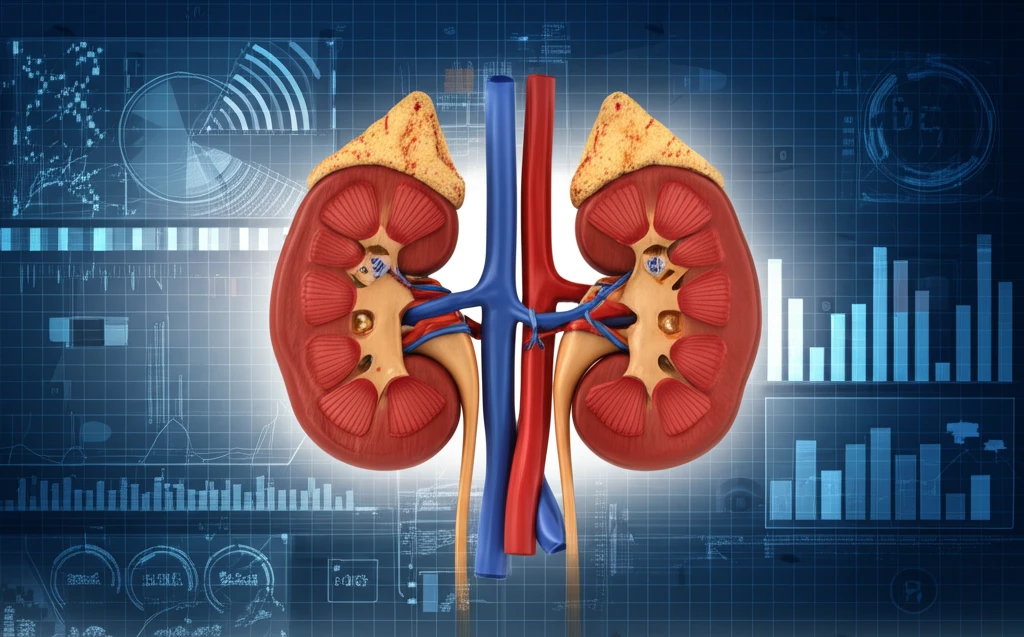
Decoding Osteocalcin: How This Bone Protein Could Signal Early Kidney Issues
"Discover the link between osteocalcin levels and early signs of kidney dysfunction, and what it means for your health."
Osteocalcin, primarily known for its role in bone metabolism, is stepping into the spotlight for a surprising reason: its potential connection to kidney health. While we often associate this protein with strong bones and regulated glucose levels, emerging research suggests that it might also serve as an early indicator of kidney dysfunction, particularly in men.
A recent study published in the journal Current Medical Research and Opinion investigated the relationship between osteocalcin levels and low-grade albuminuria (LGA), an early sign of kidney disease, in a group of Chinese adults. The findings revealed a noteworthy association, especially among men, hinting at osteocalcin's broader role in overall health.
The exploration of this connection promises to shed light on the intricate relationship between our bones, metabolism, and kidney function. As we delve deeper into this research, let's uncover what this discovery could mean for proactive health management and early detection of kidney-related issues.
The Osteocalcin-Kidney Connection: Unpacking the Research

The study, conducted in Shanghai, involved 1951 adults, with a focus on the presence of low-grade albuminuria (LGA), identified by a urinary albumin-to-creatinine ratio (UACR) below 30 mg/g. Researchers measured serum osteocalcin levels and analyzed their relationship with UACR, while also considering other factors like age, blood pressure, and glucose levels.
- Men vs. Women: The association between osteocalcin and kidney health was significant in men but not in women.
- Low-Grade Albuminuria: The study focused on low-grade albuminuria (LGA), an early sign of kidney dysfunction.
- Shanghai Study: The research involved 1951 adults in Shanghai, highlighting regional health factors.
- Cardiovascular Connection: Researchers suggest osteocalcin's impact on atherosclerosis and vascular health.
What This Means for Your Health
While further research is needed to fully understand the intricacies of this connection, the study suggests that maintaining optimal osteocalcin levels may play a role in supporting kidney health, especially for men. Consulting with healthcare professionals, adopting a balanced diet, engaging in regular exercise, and managing existing health conditions are all essential steps in promoting overall well-being and kidney health. Stay informed, stay proactive, and prioritize your health for a vibrant future.
